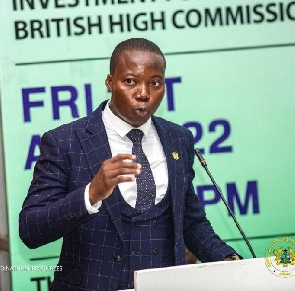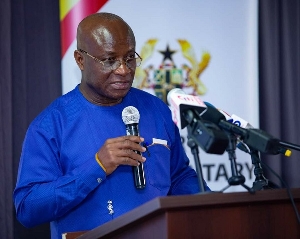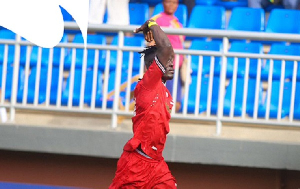In an era of globalization and modernization, indigenous games stand as a testament to the rich cultural heritage of communities around the world.
These traditional games, deeply rooted in the history of societies, not only showcase unique athletic skills but also serve as crucial tools for cultural preservation, youth development, and community cohesion.
As we strive for progress, it's imperative that we not only appreciate but actively promote these indigenous sporting activities for the betterment of society.
Cultural Resilience and Identity
Indigenous games are more than just physical activities; they are a living embodiment of a community's history, values, and way of life. These games have been passed down through generations, transcending time and change.
By engaging in these activities, young people connect with their roots, fostering a sense of identity and pride in their heritage.
Each game tells a story, serving as a link between the past and the present, ensuring that cultural values and traditions are not forgotten in the face of rapid societal changes.
Shaping Character and Values
Beyond cultural preservation, indigenous games play a pivotal role in molding the character of young individuals.
The values of teamwork, respect, and perseverance are deeply ingrained in these games. Players learn to cooperate, communicate, and strategize, all while honoring the rules and customs that surround each game.
These values extend beyond the playing field, shaping young minds to become responsible, respectful, and adaptable citizens.
Indigenous Games in Ghana: A Glimpse of Tradition
In Ghana, a plethora of indigenous games showcases the country's rich cultural tapestry.

"Ampe," a popular game played by girls, is a dance-based competition that not only celebrates physical prowess but also rhythm and coordination. "Oware," a strategic board game, challenges players to employ tactics while fostering critical thinking.
These games not only provide entertainment but also act as vehicles for social bonding and character development within communities.
Urgent Call for Support
As we embrace modern sports and entertainment, the significance of indigenous games must not be overshadowed. Governments, educational institutions, community leaders, and NGOs should collaborate to provide platforms for the promotion and preservation of these games.
Organizing tournaments, workshops, and educational programs that highlight the cultural and developmental benefits of indigenous games can have a lasting impact on both individual lives and the broader society.
In conclusion, the revival and promotion of indigenous games hold the key to maintaining cultural identity, fostering character development, and empowering the youth.
By acknowledging the historical value and intrinsic benefits of these games, we lay the foundation for a brighter future that is deeply rooted in tradition. Let us join hands, across all sectors, to honor and uplift indigenous games, ensuring that the heartbeat of culture continues to resonate through the spirit of play.
Together, let's celebrate our heritage, shape our character, and empower our youth through the timeless power of indigenous games.
Cedric Dzelu
Board Member, Ghana Tennis Federation
Executive Director, Hope Performance Tennis
cedricdzelu@gmail.com
Click to view details



Opinions of Wednesday, 23 August 2023
Columnist: Cedric Dzelu



















